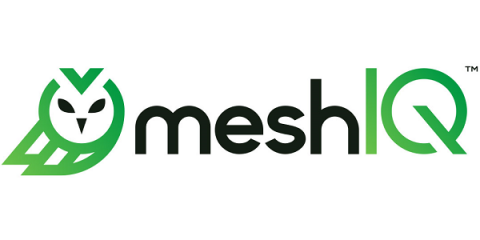Is Datadog Worth the Price? An In-Depth Cost Analysis in 2024
Datadog has established itself as one of the leading solutions for monitoring, logging, and analytics. But with the increasing number of alternatives available, many businesses are asking, "Is Datadog worth the price?" This article breaks down Datadog's pricing structure, the value of its features, and compares it to competitive alternatives. By the end, you'll have a clear understanding of whether Datadog is the right fit for your business.











